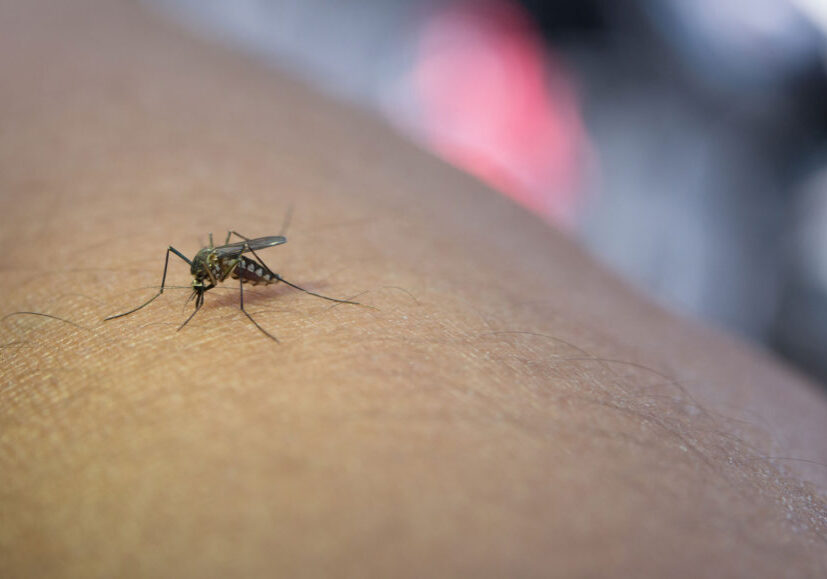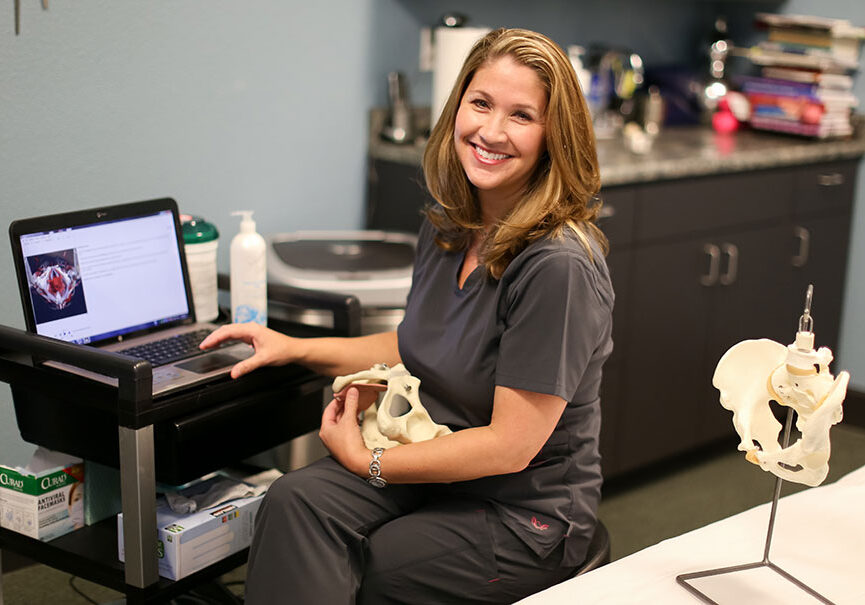What is the microbiome and why is it important?
The microbiome is the community of microbes (bacteria, viruses, fungi and other organisms) that live within and on our bodies in a necessary and life-supporting relationship. From birth, a baby begins to adopt microbes from the environment, beginning during the birthing process, maternal bonding and feeding. A child’s first three years is a crucial time for building a healthy and robust microbiome, which has considerable impacts on the future health of the child.
The large intestine is where we house a significant portion of our microbiome. However, we also host microbial ecosystems in our urinary and reproductive tracts, mouth, sinuses, lungs, skin and eyes. Our microbiome is made of trillions of cells, which is far more than we have human cells! Its impact on our health and countless daily functions is remarkable. It manufactures essential vitamins, digests our food, regulates (and trains) our immune system, produces hormones and neurotransmitters such as dopamine and serotonin and it maintains constant communication with our brains, helping to regulate mood. An unhealthy microbiome is associated with autoimmune disease, allergic disorders, weight issues, digestive problems and mood and behavioral disorders.

“All disease begins in the gut.”- Hippocrates
Once we acknowledge the impact that microbiome health has on our children’s health, what can we do to support it? In her new book Healthy Kids, Happy Kids (2024), integrative pediatrician Dr. Elisa Song rephrases Hippocrates’ words: “All health starts in the gut.” If we begin to shift our attention to the invisible ecosystem within us and take intentional steps to support it, we will notice the downstream effects and recognize improved health resilience in our children. Here are some tips to get started:
Nurture the microbiome:
- Ensure your child is eating a diet rich in fiber, including vegetables, whole fruits, whole grains and legumes. Fiber is required for microbial health and function. Prebiotic foods such as onions, garlic, bananas, mushrooms, organic oats, organic apples and beans are especially beneficial.
- Sprinkle “live” fermented foods in your child’s diet, including fermented pickles, sauerkraut, kimchi, kombucha, Greek yogurt or kefir. These foods are teeming with live bacterial strains. And by sprinkle, I mean a small amount will go a long way!
- Teach your children how to manage stress. Chronic stress has considerable effects on microbiome health. Yoga, mindfulness and good breathing practices will reduce stress hormones such as cortisol and adrenaline which have damaging effects on the microbiome.
- Adequate hydration, consistent movement and prioritizing sleep each play important roles in maintaining a healthy microbiome.
Protect the microbiome:
- Reduce food ingredients that harm our beneficial microbes, including added sugar and high fructose corn syrup, artificial sweeteners such as aspartame, emulsifiers such as polysorbate 80 and the widely used pesticide glyphosate. Glyphosate (Roundup) is sprayed during the harvesting of wheat crops, oats and legumes such as chickpeas and lentils, and is present in GMO crops including corn and soy. Glyphosate has anti-microbial effects. Choosing organic substitutes for these foods will significantly reduce exposure to glyphosates.
- Reduce highly processed ingredients and food additives. These substances harm our microbial community, disrupt their function and lead to inflammation. Look for real food ingredients that are recognizable and in their purest form.
- Avoid antibiotics unless necessary. A course of antibiotics will kill off the healthy microbes along with the target infection. Antibiotics do not treat viruses. A 2021 study published by the Mayo Clinic found significant associations between early-life antibiotic use and several childhood-onset health conditions. Ask your provider questions when your child is prescribed antibiotics. For example, are you targeting a virus or bacteria? Are there other treatment options that can be used instead? Can we wait and watch first before taking antibiotics? It can take quite some time to restore a healthy microbiome following antibiotics.
- Limit the use of anti-bacterial products such as soaps, wipes and cleaners, which can harm the beneficial bacteria on our skin and around the body. Over-sanitizing our environment will limit our everyday exposure to the natural and beneficial bacteria that we interact with and depend on.
Posted in: Health & Nutrition
Comment Policy: All viewpoints are welcome, but comments should remain relevant. Personal attacks, profanity, and aggressive behavior are not allowed. No spam, advertising, or promoting of products/services. Please, only use your real name and limit the amount of links submitted in your comment.
You Might Also Like...

Ditch the Itch – A Family Guide to Fewer Mosquito Bites
When I was growing up, summer meant barbeques, swimming at the lake, and trying to avoid the pink polka dot treatment of calamine lotion. It’s safe to say, no one […]

Choosing the Best Exercise for Your Unique Pelvic Floor
When I was approached regarding writing an informative piece about the pelvic floor for North State Parent, I didn’t realize what a daunting task it would be. After 15 years […]

Vaping and JUULing; Parents Need to Educate Themselves About E-Cigarettes
Knowledge is power, and ignorance is often not blissful, especially when parenting. Most parents agree that raising children is a constant learning experience. Many of the decisions and choices parents […]

Summer Treats: Whole Fruit Popsicles
Cool down this summer with homemade fruit Popsicles. You’ll save money and reduce wasteful packaging by making your own. Plus, by adding in pieces of whole fruit, these healthy treats […]




